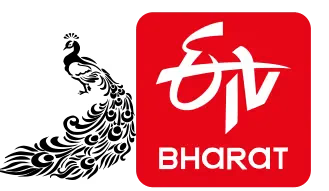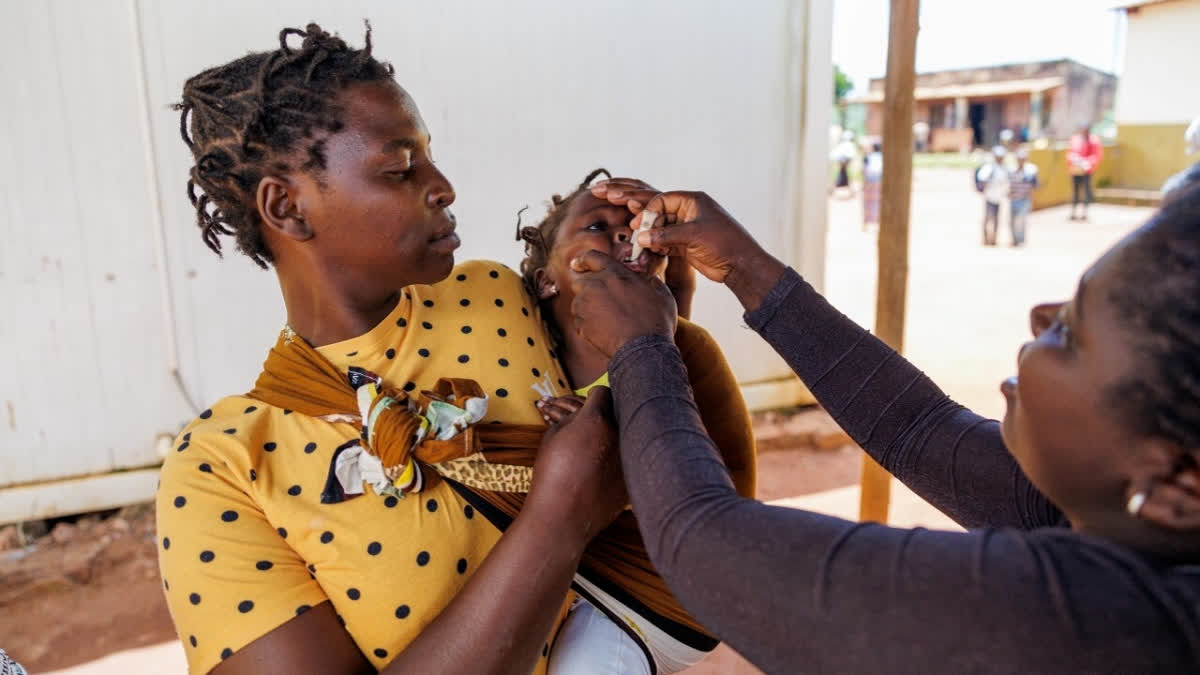New Delhi: About 100 crore people, particularly children, in 43 countries are at risk of cholera, according to a new report by the UN. The report showed that after years of steady decline, cholera is making a devastating comeback and targeting the world's most vulnerable communities. Children under five are particularly vulnerable.
It said that more countries now face outbreaks, increasing numbers of cases are being reported and the outcome for patients is worse than 10 years ago. Cholera's extraordinarily high mortality ratio is also alarming. "The (cholera) pandemic is killing the poor right in front of us," said Jerome Pfaffmann Zambruni, Head of Unicef's Public Health Emergency unit, in a statement.
According to World Health Organization (WHO) data, 15 countries had reported cholera cases till May last year. However, by mid-May this year "we already have 24 countries reporting and we anticipate more with the seasonal shift in cholera cases," said Henry Gray, the WHO's Incident Manager for the global cholera response.
Also read:International Clinical Trials Day 2023: Highlighting Importance of Clinical Trials in Public Health and Medicine
"Despite advances in the control of the disease made in the previous decades we risk going backwards," he added. A deadly combination of climate change, underinvestment in water, sanitation and hygiene services - and in some cases armed conflict - has led to the spread of the disease, the report said.
Although vaccines exist to protect against cholera, supply is insufficient to face the increasing demand. According to the WHO, 18 million doses of vaccines have been requested globally, but only eight million have been made available. "Increasing production is not an overnight solution," said Gray.
"The plan is to double the production of doses by 2025, but we won't have enough if the current trend continues. Vaccine is a tool, but not an overall solution. Long term investment in water sanitation is the priority," he added. The WHO's wake-up call was echoed by Unicef. "Not only (do) we need long term investments, but immediate investments in the water system to ensure access to clean water, sanitation, and dignity," said Zambruni.
To respond to the growing cholera threat, the WHO is launching a 12-month Strategic Preparedness, Response and Readiness Plan, requiring $160 million, alongside Unicef's Call to Action for $480 million. The combined cholera response plan will cover 40 countries in acute crisis. It will include coordination, infection surveillance and prevention, vaccination, treatment, and water, sanitation and hygiene. (IANS)
(This story has not been edited by ETV Bharat and is auto-generated from a syndicated feed.)


